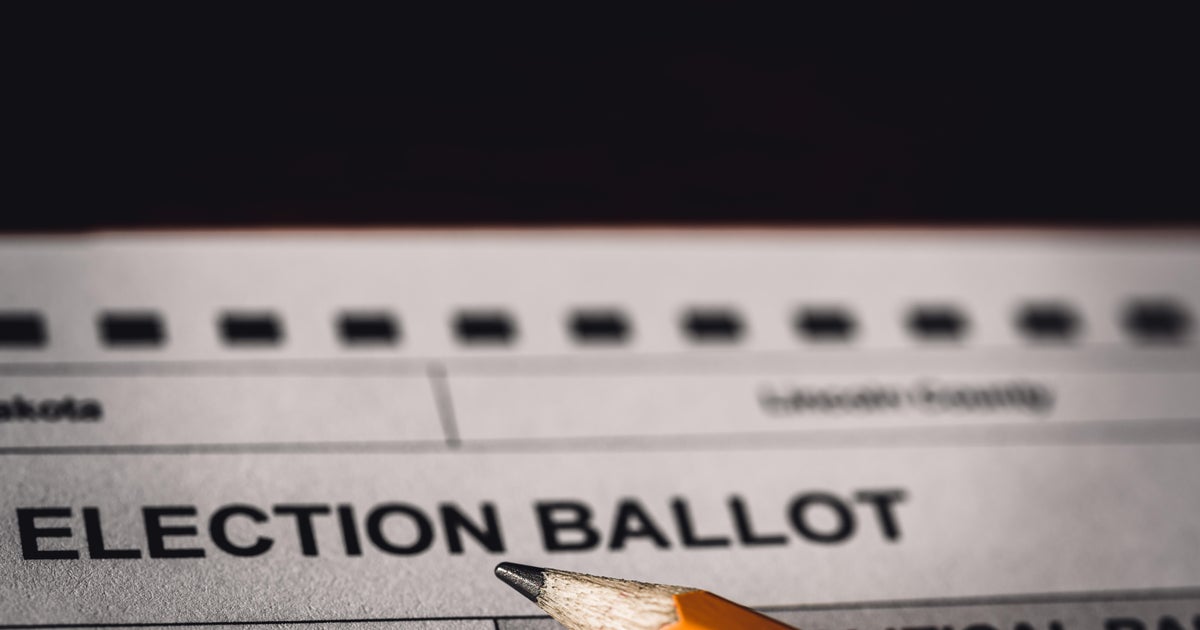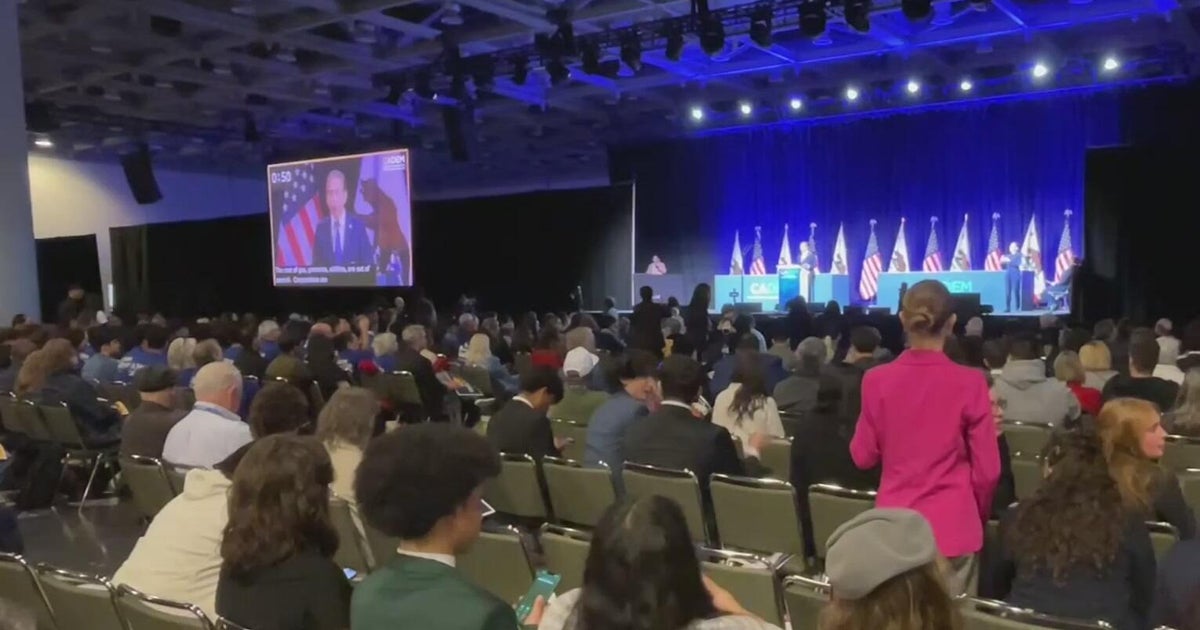Hawaii grapples with lava, hurricane as primary election nears
As Hawaii readies for its primary elections, voters are grappling with an erupting volcano and Hurricane Hector.
Elections are challenging times for candidates even in the best of circumstances. But Big Island politicians frequently have extra adversity, given they live on top of one of the world's most active volcanoes and in the general vicinity of hurricanes that barrel through the central Pacific Ocean many summers.
The island has a history of nature-related election disruptions: In 2014, Tropical Storm Iselle forced the same two precincts hit hardest by Kilauea volcano to close the day of the primary. The state Office of Elections organized a makeup election day for the two precincts six days later.
This year, the disruption is possibly broader, as lava from Kilauea volcano has destroyed more than 700 homes since May and upended the local economy.
Many voters have left the island after losing their homes and jobs. Or they're struggling to keep their businesses afloat because tourism has dropped dramatically.
"People are still scrambling. They're still in a bit of shock," said Eileen O'Hara, a county councilwoman who is running for re-election. "Their attention is not focused on the election."
O'Hara's council district includes Leilani Estates, the neighborhood where lava burst through cracks in people's backyards on May 3, and Kapoho, a beach town smothered by lava.
The precinct usually pulls in 1,200 to 1,400 votes, O'Hara said. But she worries only about 1,000 people may manage to vote this time.
Mary Dressler, a naturopathic doctor in Pahoa, said it was bad timing for an election. Many people were feeling lost, she said. Dressler herself has experienced a dramatic drop in business, which has been stressful.
"I know for myself, that has been the least of my worries," she said of voting.
Several candidates said they would normally have started campaigning in May. But that's when Kilauea began erupting lava in Leilani Estates, forcing thousands of people to flee.
Ric Wirick, who is running for county council, said he and another candidate spent the first month after the eruption volunteering at an evacuation shelter in Pahoa town.
When Wirick was ready to start campaigning, the state Office of Elections decided it would have all voters in two precincts vote exclusively by mail because authorities were worried people wouldn't be able to get to the polls on election day. It mailed 6,000 ballots to voters there on June 25. After an uproar, and a complaint from the ACLU of Hawaii, the office set up an in-person polling place in Pahoa for both early voting and election day.
Wirick believes many people voted as soon as they received their ballots.
"I don't believe the voters had a fair chance to get to know the candidates," he said. He suspects many people just voted for names they recognized. He said he's complained to the Federal Elections Commission.
Pat Nakamoto, Hawaii County's election program administrator, said her office mailed 3,481 ballots to voters in the 3rd precinct in Pahoa, and received 602 back as of Friday. It mailed 3,081 ballots to the 4th precinct and has received 517.
County elections officials went to the Federal Emergency Management Agency center in Pahoa to inform residents about voter registration and the election. They also put up posters at evacuation shelters.
Nakamoto said her office didn't have information on what percentage of registered voters had been forced to leave their homes because of the eruption.
Kilauea has been erupting from Leilani Estates for three months now, but lava volume dropped dramatically over the weekend. Scientists don't know whether the change signifies the flows will peter out, as it's common for eruptions to wax and wane.
Meanwhile, a tropical storm watch was in effect Monday for the Big Island as Hurricane Hector neared. The category 4 storm was expected to weaken and pass 150 miles (241 kilometers) south of the island Wednesday.
Hawaii County Mayor Harry Kim said officials would be prepared for whatever nature brings.
"The volcano, Madam Pele, has totally wiped out all the homes that would have been in danger," he said, referring to the Hawaiian volcano goddess. Those neighborhoods suffered a lot of damage from Tropical Storm Iselle in 2014, he said.
"You accept it. This is nature's way," he said.



